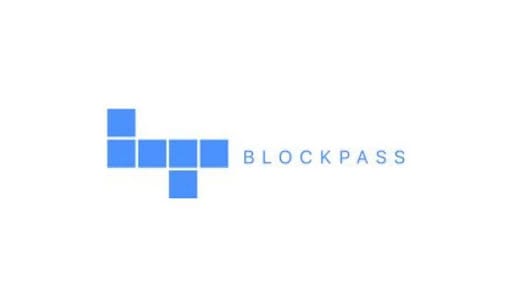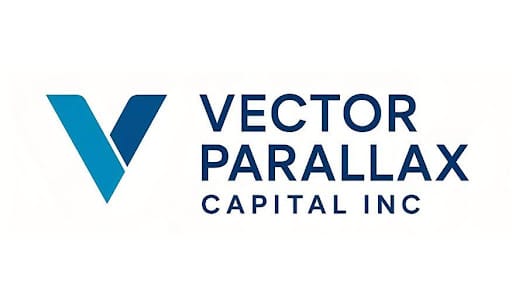Academic research and development in the DeSci movement

Academic research and development require funding to support new ideas and projects. The digital asset industry seeks to impact and legitimacy. The decentralized science (DeSci) movement uses blockchain technologies to create a more transparent and inclusive system for funding and publishing research. This can benefit both groups. However, there are barriers to participation in DeSci that need to be addressed. This article maps out some barriers and proposes ways to overcome them.
Traditional Research Funding vs. DeSci
Traditionally, a few centralized organizations control research funding, such as government agencies and large philanthropic foundations. They shape the types of research that are funded and the way it is conducted. This can be opaque, geographically restrictive, and prone to bias and bureaucratic inefficiencies.
In contrast, the DeSci movement uses decentralized computing technologies, such as blockchain, to establish a more transparent and equitable system for funding research. Researchers can submit their proposals directly to communities organized in Decentralized Autonomous Organizations (DAOs), where they can be transparently evaluated, supported, and attested by a distributed network of domain experts and organizations.
Benefits of DeSci
The DeSci movement offers numerous potential benefits for the research community, including greater transparency, inclusivity, and responsiveness to emerging problems and research questions. It prioritizes funding and swift publication on so-called "moonshot" projects and research for underfunded, marginalized communities, such as those with rare diseases.
Barriers to DeSci Participation
DeSci remains under-considered by institutional researchers seeking funding. One of the emerging technical challenges for academic participation in DeSci is the limited ability and infrastructure of university administrations and principal investigators to incorporate funding in digital assets. This can create difficulties for researchers who are collaborating internationally and seeking to secure funding through DeSci.
Overcoming Barriers
To overcome these barriers, universities and grant providers could meet halfway. Universities could implement pilot programs for the use of multi-signature wallets and vaults, which allow for secure and transparent handling of these funds. Implementing these solutions may require training and technical support for university administrators to ensure they can effectively manage these funds. Concurrently, and when feasible, DeSci grant providers could perform the digital asset-to-fiat conversion themselves, before transferring funds.
Conclusion
DeSci represents a promising new approach to research funding that has the potential to drive progress and discovery in a range of fields. While there are certainly barriers to participation in DeSci, particularly in the technical and legal realms, these could potentially be overcome through careful planning and the development of appropriate tools and frameworks. Ultimately, DeSci may even catalyze the unification of digital asset regulation around the world, enabling greater collaboration and progress in science and research.
Reference
- Nassim Dehouche, Lucia della Ventura, Richard Blythman, Jeffrey Koury, Sarah Hamburg (2023) Removing the barriers for Participation in Decentralized Science from Traditional Academia. Link
Check BTC Peers guide of the most promising crypto





